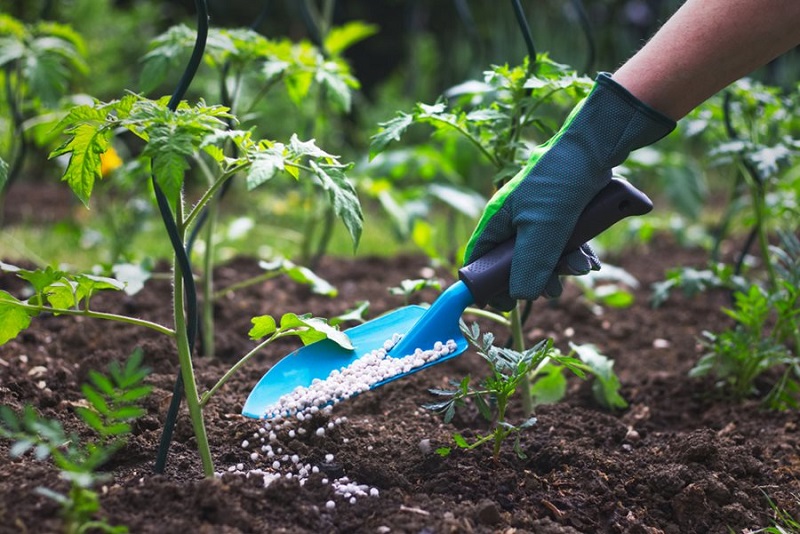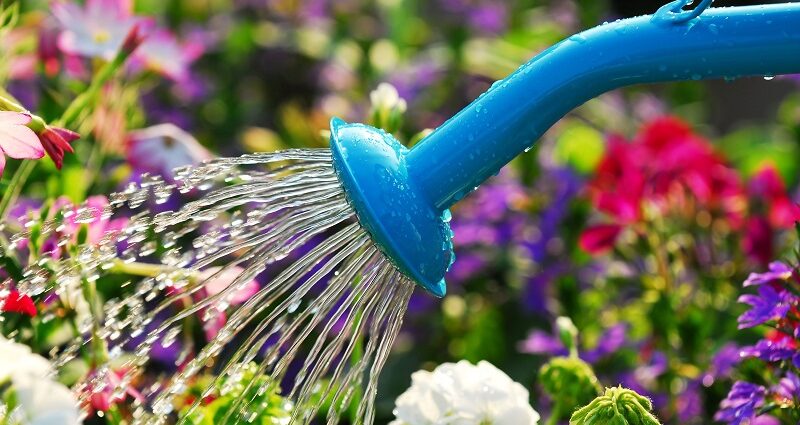Plants, often overlooked in the grand scheme of Earth’s diverse ecosystems, are the foundation of life. Their silent existence provides us with oxygen, food, and countless other resources. But have you ever wondered what it takes to keep these green wonders thriving? In this article, we will explore the five basic needs of plants, shedding light on the intricacies of their survival and growth. From sunlight to soil, let’s dive into the fascinating world of botanical essentials.
Sunshine Sustenance
Sunlight is to plants what nourishment is to humans. It’s their primary source of energy, a vital element in the process of photosynthesis. In this intricate dance with sunlight, plants convert carbon dioxide and water into glucose and oxygen. This energy-rich compound fuels their growth and sustains their existence.
However, not all plants crave the same amount of sunlight. Some thrive in the full blaze of the sun, while others prefer the dappled shade of a forest. Understanding a plant’s unique sunlight requirements is crucial for nurturing it effectively.
The Thirst Quencher – Water
Just like sunlight, water is an indispensable need for plants. Water travels through a plant’s roots, stems, and leaves, facilitating various essential processes. It acts as a solvent for minerals and nutrients in the soil, aiding in their absorption.
Plants lose water through a process known as transpiration, which is akin to our perspiration. This loss of water creates a gentle vacuum, pulling more water and nutrients from the soil into the plant. Thus, maintaining the right balance of water is critical for a plant’s health.
The Underground Treasure – Soil
Soil is the unsung hero of plant life. It’s not just dirt; it’s a complex ecosystem teeming with life. A healthy soil provides support, stability, and nourishment to plants. It contains essential minerals and nutrients that plants absorb through their roots.
Different plants have varying soil preferences. Some thrive in well-draining sandy soils, while others prefer moisture-retentive loamy soils. Understanding your plant’s soil needs is crucial to ensure it has a solid foundation for growth.
The Breath of Life – Air
Yes, plants breathe too! While they don’t have lungs, they take in carbon dioxide from the atmosphere, a crucial component of photosynthesis. They release oxygen as a byproduct, a gift to the world. In return, we exhale carbon dioxide, creating a beautifully balanced cycle of life.
Air quality can significantly impact a plant’s health. Pollution and poor air circulation can harm plants, just as it can harm us. Ensuring your indoor and outdoor spaces have good air quality is essential for plant vitality.
A Sprinkle of Nutrients – Fertilization
Plants need a balanced diet just like we do. Fertilization provides them with the essential nutrients they can’t always get from the soil alone. Nitrogen, phosphorus, and potassium are the superstar nutrients, but there are many others that play vital roles in plant health.
However, it’s crucial not to overfeed your plants. Too much fertilizer can harm them. Finding the right balance and understanding your plant’s specific nutrient requirements is key.
Conclusion
Plants, though seemingly simple, have complex needs. From sunlight to soil, water to air, and the right nutrients, they rely on a delicate balance to thrive. As we delve into the intricate world of plant life, we discover the interconnectedness of all living things. By understanding and fulfilling these five basic needs, we become stewards of nature, nurturing the very foundation of life on Earth.
FAQs
- How often should I water my indoor plants?
- The frequency of watering depends on the type of plant, the size of the pot, and the environmental conditions. Generally, it’s best to let the soil dry slightly between waterings.
- What happens if a plant gets too much sunlight?
- Too much sunlight can scorch a plant’s leaves and hinder its growth. It’s essential to know your plant’s sunlight requirements and provide the appropriate level of light.
- Can I use any soil for my potted plants?
- Not all soils are created equal. Different plants have different soil preferences. Consult the specific needs of your plant to ensure you’re using the right type of soil.
- Is it possible to over-fertilize a plant?
- Yes, over-fertilization can harm plants. Too much fertilizer can lead to nutrient imbalances and damage the plant’s roots. Always follow recommended guidelines for fertilization.
- What are some signs that my plant is not getting enough nutrients?
- Yellowing leaves, stunted growth, and a lack of flowering or fruiting are common signs that a plant may be nutrient-deficient. Conduct a soil test to determine the exact nutrient needs.










